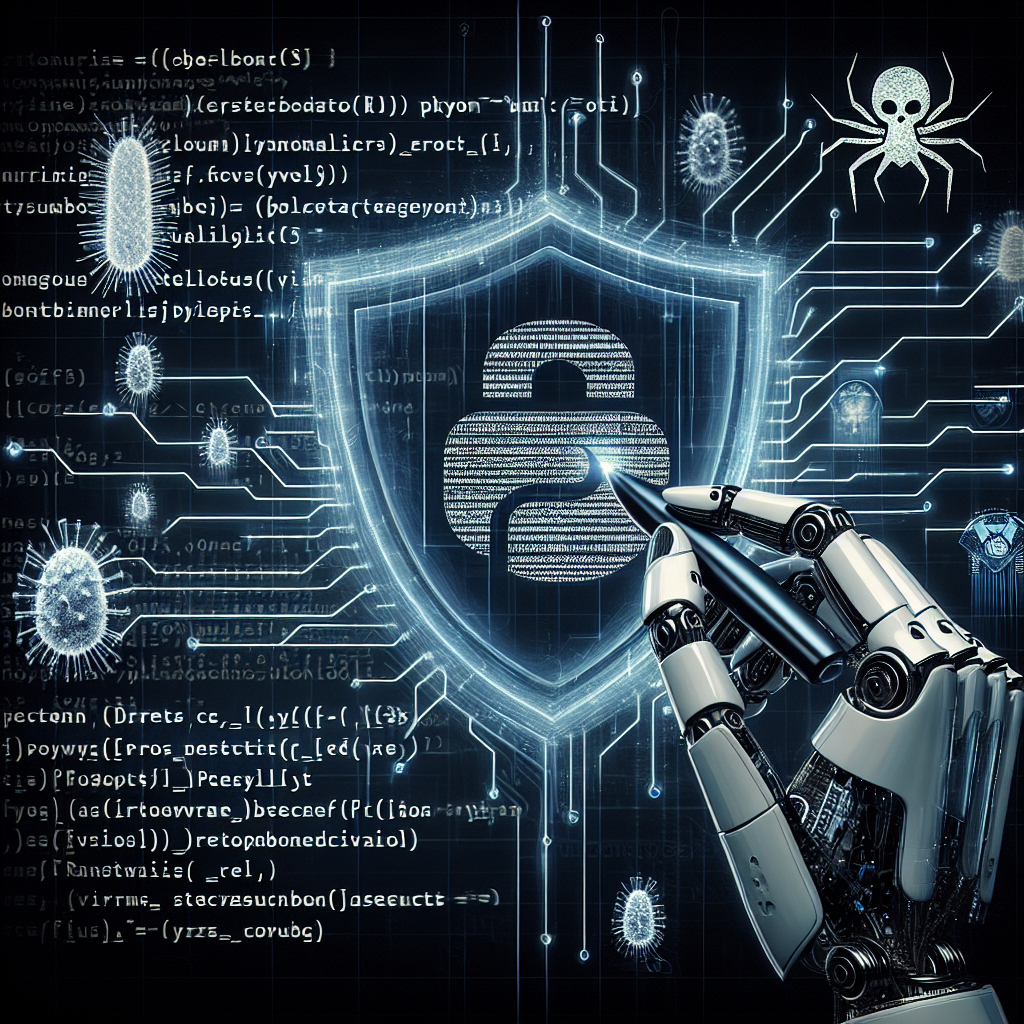Understanding the Role of AI in Modern Cybersecurity
In today’s rapidly evolving digital landscape, cybersecurity threats have become increasingly sophisticated and challenging to detect. Artificial Intelligence (AI) has emerged as a game-changing technology in the fight against cybercrime, offering unprecedented capabilities in threat detection, prevention, and response. This comprehensive guide explores how AI is revolutionizing cybersecurity and helping organizations stay one step ahead of potential breaches.
The Growing Need for AI in Cybersecurity
As cyber threats continue to evolve and become more complex, traditional security measures are no longer sufficient to protect sensitive data and systems. Here’s why AI has become essential in modern cybersecurity:
- Exponential growth in cyber threats and attack vectors
- Increasing sophistication of cyber attacks
- The need for real-time threat detection and response
- Growing volume of data requiring protection
- Shortage of skilled cybersecurity professionals
Key Ways AI is Enhancing Cybersecurity
1. Advanced Threat Detection
AI-powered systems excel at identifying potential threats through pattern recognition and anomaly detection. These systems can:
- Analyze vast amounts of data in real-time
- Identify suspicious behavior patterns
- Detect previously unknown threats
- Predict potential vulnerabilities before they’re exploited
2. Automated Response Systems
AI enables rapid response to security incidents through automation, providing:
- Immediate threat containment
- Automated security patches and updates
- Real-time system isolation when necessary
- Rapid incident response and recovery
3. Behavioral Analytics
AI systems can analyze user behavior to identify potential security risks:
- Monitor user activities and patterns
- Detect unusual login attempts
- Identify suspicious file access patterns
- Flag potentially compromised accounts
Machine Learning in Cybersecurity
Machine learning, a subset of AI, plays a crucial role in modern cybersecurity solutions. These systems can:
- Learn from historical attack patterns
- Adapt to new types of threats
- Improve accuracy over time
- Reduce false positives in threat detection
Practical Applications of AI in Cybersecurity
1. Network Security
AI systems monitor network traffic and identify potential threats by:
- Analyzing network patterns
- Detecting unauthorized access attempts
- Identifying malicious network activities
- Preventing DDoS attacks
2. Email Security
AI-powered email security solutions help prevent phishing attacks and spam by:
- Identifying suspicious email patterns
- Detecting malicious attachments
- Filtering spam and phishing attempts
- Analyzing email content for potential threats
3. Endpoint Protection
AI enhances endpoint security through:
- Real-time device monitoring
- Malware detection and prevention
- Application control
- Device behavior analysis
Future Trends in AI-Powered Cybersecurity
The future of AI in cybersecurity looks promising with several emerging trends:
- Quantum Computing Integration: Preparing for quantum-resistant encryption
- Advanced Neural Networks: Improving threat detection accuracy
- Autonomous Security Systems: Reducing human intervention in routine security tasks
- Predictive Security Measures: Anticipating and preventing future threats
Challenges and Considerations
While AI offers significant benefits in cybersecurity, there are several challenges to consider:
- Initial implementation costs
- Need for skilled AI security professionals
- Data privacy concerns
- Potential for AI-powered attacks
Best Practices for Implementing AI in Cybersecurity
To maximize the benefits of AI in cybersecurity, organizations should:
- Develop a comprehensive AI security strategy
- Ensure proper data management and privacy compliance
- Invest in employee training and awareness
- Regularly update and maintain AI systems
- Monitor and evaluate AI system performance
The Impact of AI on Cybersecurity Teams
AI is transforming how cybersecurity teams operate by:
- Automating routine security tasks
- Enabling focus on strategic security initiatives
- Improving incident response times
- Enhancing threat intelligence capabilities
Conclusion
Artificial Intelligence has become an indispensable tool in the fight against cybersecurity breaches. As threats continue to evolve, AI-powered solutions provide organizations with the capabilities needed to protect their digital assets effectively. By embracing AI technology and following best practices for implementation, organizations can significantly enhance their security posture and stay ahead of emerging cyber threats.
Looking Ahead
The integration of AI in cybersecurity will continue to evolve, offering even more sophisticated protection against future threats. Organizations that invest in AI-powered security solutions today will be better positioned to face the cybersecurity challenges of tomorrow.

